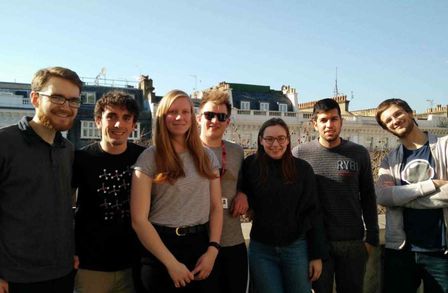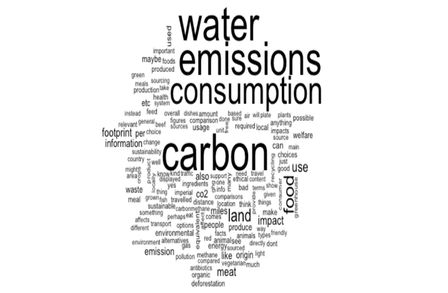About Greening Imperial: Aviation
The Greening Imperial Aviation team aims to reduce greenhouse gas emissions caused by air travel at Imperial College. It is formed from students at the Science and Solutions for a Changing Planet DTP, with support from the Greening Imperial campaign and the Grantham Institute. The team believes that Imperial College should be acting to reduce its environmental impact in all areas including aviation. Therefore, the objectives of the challenge team are to:
- Assess the current use of aviation by members of staff and students at Imperial College
- Propose changes to College’s travel policy with the aim of reducing greenhouse gas emissions
- Campaign for the implementation of these proposals
- Raise awareness among members of the college and the public about the carbon footprint of aviation
- Present alternative travel options
Look out for our stand at the Imperial festival to find out more about the impacts of aviation. Our report will be out Summer 2019.
Team Members
Carl Thomas (cohort 5)
Eric Schoenrock (cohort 5
Laura Warwick (cohort 5
Andreas Olympios (cohort 5)
Pietro Salvi (cohort 5)
Sadie Robertson (cohort 5)
Daniel Mehlig (cohort 5)
Luqman Hakim (cohort 4)
Diego Moya (cohort 4)
Bruce Murphy (cohort 3)
Team Aviation in Action

The Aviation Team

Sustainable information paper plane
About Greening Imperial: Sustainable Diets
To avoid the worst impacts of climate change, the UK is likely to need to reduce its emissions of greenhouse gases (GHGs) to net zero by 2050. Currently, this is predicted to require a 70% reduction in the GHGs emitted through food production.
Food production is responsible for approximately 20% of all GHG emissions attributable to the UK. Meat and dairy have larger environmental footprints than plant-based foods because energy is wasted as your move up the food chain, and cows and sheep produce methane, a far more potent GHG than CO2. Meat consumption in the UK has steadily risen since 2000, and the average UK adult is classed as a high meat consumer (>100g meat/ day). A high-meat diet produces 2.5x the GHG emissions as a vegan equivalent.
Sustainable diets is a challenge team group made up of students who are interested in the environment and sustainability from the Science and Solutions for a Changing Planet Doctoral Training Partnership. They have set themselves the aim of reducing the environmental footprint of food at Imperial College London through increasing the information available to staff and students at the point of purchase, reducing the amount of highly-polluting ruminants (i.e. beef and lamb) and promoting a regularly meat-free diet at Imperial College food outlets.
Team Members
Lily Peck (cohort 5)
Geraint Northwood-Smith (cohort 5)
Alex Colyer (cohort 5)
Swapnil Jagtap (cohort 5)
Joss Lyons-White (cohort 4)
Louis Hennequin (cohort 4)
Shirin Hakim (cohort 3)
Hiral Shah (cohort 3)
Sustainable Diets in Action

Meat Free Monday initiative Questionnaire WordCloud. Question: What environmental information would you like to see displayed?
Any questions?
For any queries related to our SSCP DTP studentships, please contact our Doctoral Training Coordinator, Christiane Morgan (c.morgan@imperial.ac.uk)
Climate & Environment at Imperial blog
Student blogs- Negotiating for nature: the biodiversity conference and key themes
- What I learned about teamwork in the Grantham Expedition Team
- Powering Africa: new model compares options for off-grid solar in 43 countries
- Biodiversity credits: key principles and UK strengths
- Carbon capture technology is key to deliver on the UAE Consensus
- Cycling: the untapped potential for improving our health (and the climate)
